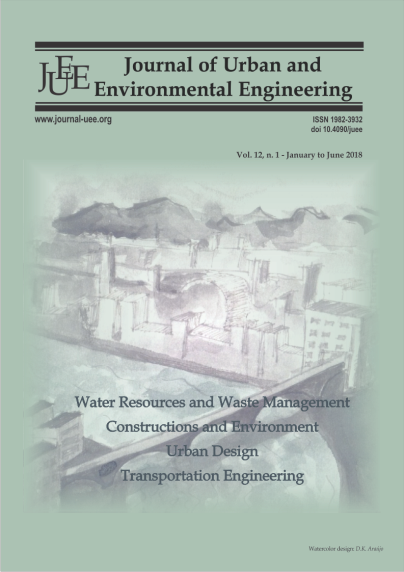PARTIAL ENERGY MATRIXES ON URBAN SCALE FOR TRANSPORTATION: A CASE-STUDY OF METROPOLITAN AREAS OF BORDEAUX (FRANCE), CINCINNATI (USA) AND CURITIBA (BRAZIL)
DOI:
https://doi.org/10.4090/juee.2018.v12n1.128-146Keywords:
Energy Outlook, Energy Efficiency, Conurbation, Bordeaux, Cincinnati, CuritibaAbstract
Energy consumption and its economic, social and environmental effects in cities is a relevant issue of growing concern that requires better tools for assessment and measurement. In this context, the aim of this article is to explore the concept of a city energy matrix, with focus on the transportation sector, to support political decision-making. Partial (only transportation-related) energy matrixes are presented for three cities: Bordeaux (France), Cincinnati (USA) and Curitiba (Brazil), using an energy accounting method. The study considered consolidated energy consumption data of the conurbation area around each city. This information allowed the elaboration of inferences made from matrixes, which involved urban population and economic indicators, as a strategy to understand the relationship between urban characteristics and energy consumption. Results obtained were compared to information available in the literature. National and local influences as city size, spatial structure, economic development and access to data in the final matrixes are reported. Relevant theoretic issues to be further explored are the adequacy of the political boundaries and the actual geographic distribution of energy consumption of trucks, trains and airplanes connecting the city to other regions.Downloads
Download data is not yet available.
Downloads
Published
2018-07-27
Issue
Section
Articles




